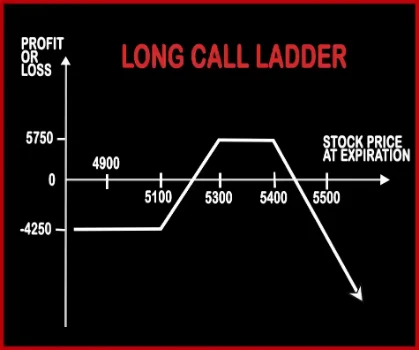- SHORT STRANGLE
- LONG STRADDLE
- THE COLLAR
- SHORT PUT BUTTERFLY
- LONG PUT LADDER
- STRAP
- COVERED COMBINATION
- BEAR CALL SPREAD
- LONG STRANGLE
- SYNTHETIC LONG CALL
- IRON CONDORS
- RISK REVERSAL
- SHORT STRADDLE
- RATIO PUT SPREAD
- LONG GUTS
- SHORT CALL
- PUT BACKSPREAD
- PROTECTIVE CALL
- LONG CALL CONDOR SPREAD
- SHORT PUT LADDER
- COVERED PUT
- LONG COMBO
- PROTECTIVE COLLAR
- MARRIED PUT
- CHRISTMAS TREE SPREAD WITH CALL OPTION STRATEGY
- DIAGONAL BULL CALL SPREAD
- REVERSE IRON CONDOR
- LONG CALL BUTTERFLY
- CHRISTMAS TREE SPREAD WITH PUT OPTION
- RATIO CALL WRITE
- STOCK REPAIR
- BULL CALL SPREAD
- BEAR PUT SPREAD
- PROTECTIVE PUT
- SHORT PUT
- LONG PUT
- BULL PUT SPREAD
- LONG CALL LADDER
- SHORT CALL CONDOR SPREAD
- SHORT CALL BUTTERFLY
- SHORT GUTS
- LONG CALL
- STRIP
- IRON BUTTERFLY
- REVERSE IRON BUTTERFLY
- RATIO PUT WRITE
- SHORT CALL LADDER
- RATIO CALL SPREAD
- NEUTRAL CALENDAR SPREAD
- DIAGONAL BEAR PUT SPREAD
- COVERED CALL
- CALL BACKSPREAD
- LONG PUT BUTTERFLY
- BULL CALENDER SPREAD
Compare Strategies
LONG CALL LADDER

Long Call Ladder Option Strategy
Long Call Ladder Strategy is an extension to Bull Call Spread Strategy. A trader will be slightly bullish about the market, in this strategy but bearish over volatility. It involves buying of an ITM Call Option and sale of 1 ATM & 1 OTM Call Options. However, the risk associated with this strategy is unlimited and reward is limited.
Risk: Limited Downside Risk, Unlimited Risk to the Upside
Reward: Limited
Suppose NIFTY is trading at 5200 odd levels. Mr. X feels that the market will slightly rise with less volatility. He buys 15100 ITM Call Option at a premium of Rs.165, sells 15300 ATM Call Option for a premium of Rs.55 & sells 15400 OTM Call Option for a premium of Rs.25. Mr. X’s net investment will be Rs.4250. [{165-55-25*50]
Case 1: At expiry if Nifty closes at 5100, then Mr. X will make a loss of Rs.4250. [{(55+25)-(165)}*50]
Case 2: At expiry if Nifty closes at 5300, then Mr. X will make a profit of Rs.5750. [{(200-165) + (55) +(25)}*50]
Case 3: At expiry if Nifty closes at 5500, then Mr. X will make a profit of Rs.750. [{(400-165)-(200-55)-(100-25)}*50]
Comments for LONG CALL LADDER
Options Trading Strategies
Bullish Strategies
Bearish Strategies
Neutral Strategies
- LONG STRADDLE
- SHORT STRADDLE
- LONG STRANGLE
- SHORT STRANGLE
- LONG CALL BUTTERFLY
- SHORT CALL BUTTERFLY
- LONG PUT BUTTERFLY
- SHORT PUT BUTTERFLY
- STRAP
- STRIP
- LONG CALL LADDER
- LONG PUT LADDER
- SHORT CALL LADDER
- SHORT PUT LADDER
- LONG CALL CONDOR SPREAD
- SHORT CALL CONDOR SPREAD
- NEUTRAL CALENDAR SPREAD
- LONG GUTS
- SHORT GUTS
- RATIO CALL SPREAD
- RATIO CALL WRITE
- RATIO PUT SPREAD
- RATIO PUT WRITE
- IRON CONDORS
- IRON BUTTERFLY
- REVERSE IRON CONDOR
- REVERSE IRON BUTTERFLY
- PROTECTIVE COLLAR
0 comments